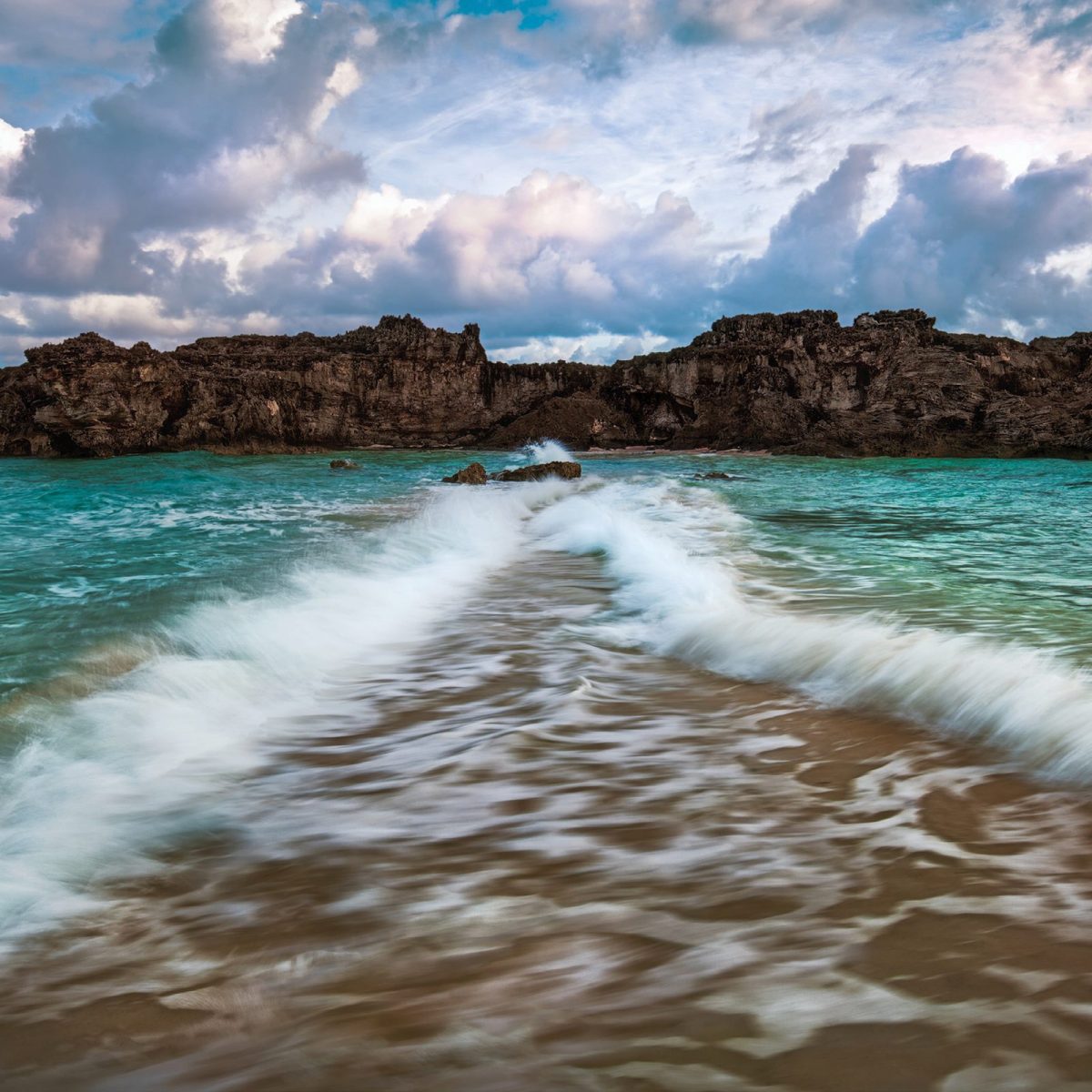If you’re a high-net-worth individual living in South Africa, you may well be asking yourself (now more than ever) how much of your portfolio should be invested offshore. There’s no exact answer, but a useful place to start is to hold at least 30% offshore to ensure diversification and exposure to global investment opportunities and markets. Each of us has different requirements, but it’s critical that you have enough assets in your home currency to live comfortably in retirement and cover your expenses. Beyond that, it always pays to see your assets as global.
As a rule, the more funds you have to invest, the higher the proportion that should be invested offshore. You may, for example, choose to place a higher portion of your investable asset base offshore, since you will still have enough assets to cover all your local requirements. Globalisation has enabled people to hold up to 50% of their wealth offshore.
The JSE has close to 400 listed companies, as opposed to the almost 50 000 listings falling under the World Federation of Exchanges. So, it makes sense to broaden your investment horizons beyond the JSE. Some sectors are either under-represented or not represented at all on the JSE, and going offshore is one of the only ways to access the full potential of the world’s leading technology firms.
Building your offshore portfolio should be part of a coherent long-term strategy. The goal of your investment manager should be to create a well-balanced, well-managed, long-term portfolio with a global perspective. It’s also critical for offshore investors to understand the tax consequences of their investments, as tax regulations vary across jurisdictions. And poor estate planning can have severe implications for South Africans investing directly in US or UK stocks.
South African deceased estates are subject to SA’s estate duty tax which is applicable to worldwide assets. However, UK inheritance tax and US estate tax are also levied on assets that are classified as UK or US situs assets. ‘Situs’ is Latin for ‘position’ or ‘site’. The situs of an asset is generally treated as the place where it is located for legal purposes.
While diversification is vital, it is possible to over-diversify or ‘di-worse-ify’ a portfolio. Spreading a portfolio across myriad assets without a clear strategy won’t necessarily strengthen the portfolio or mitigate the risk. Diversification should happen at country and asset-class level, across currencies, sectors and asset managers (where a multi-manager approach is chosen), and always tailored to the particular risk appetite of the client.
Since today’s world is driven thematically and sectorally, rather than geographically, it makes sense to invest in a way that makes the most of these thematic opportunities. This means eliminating traditional geographical borders from your investment thinking.
This requires an open mind-set. It’s about matching your risk appetite with the decision to reach for opportunities beyond what is familiar to you, in order to reap maximum rewards.
This article originally appeared in Issue 45 of Private Edition.





